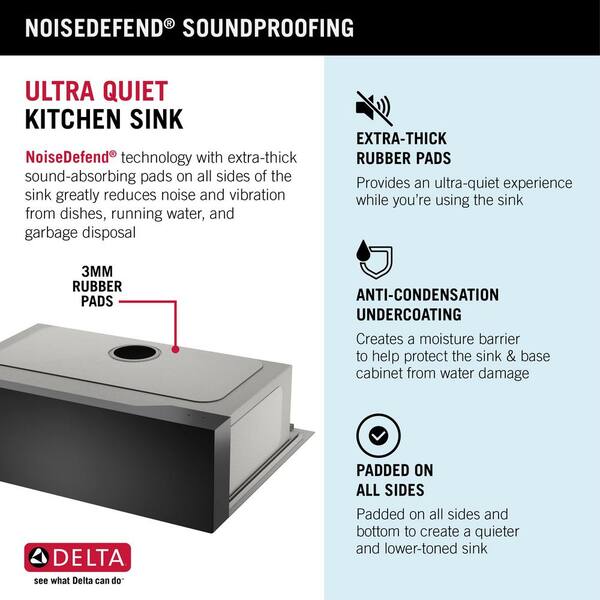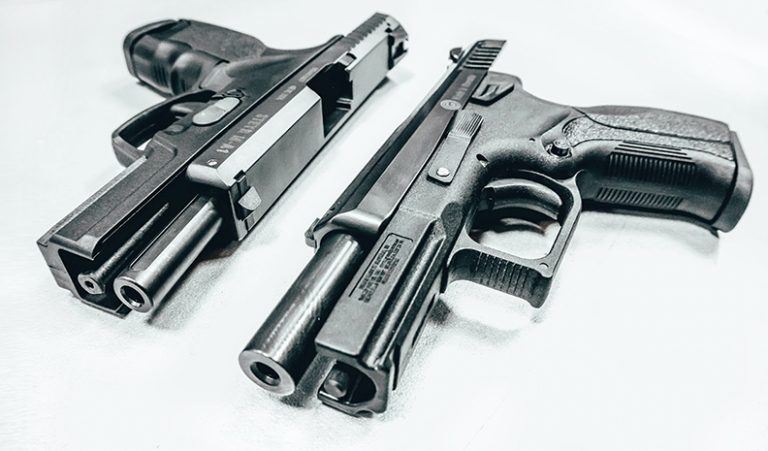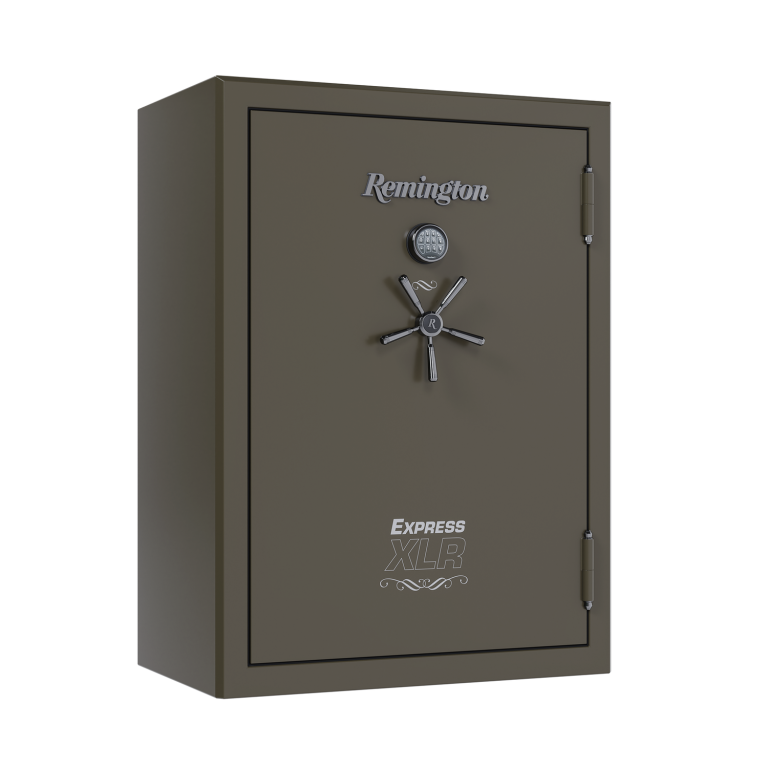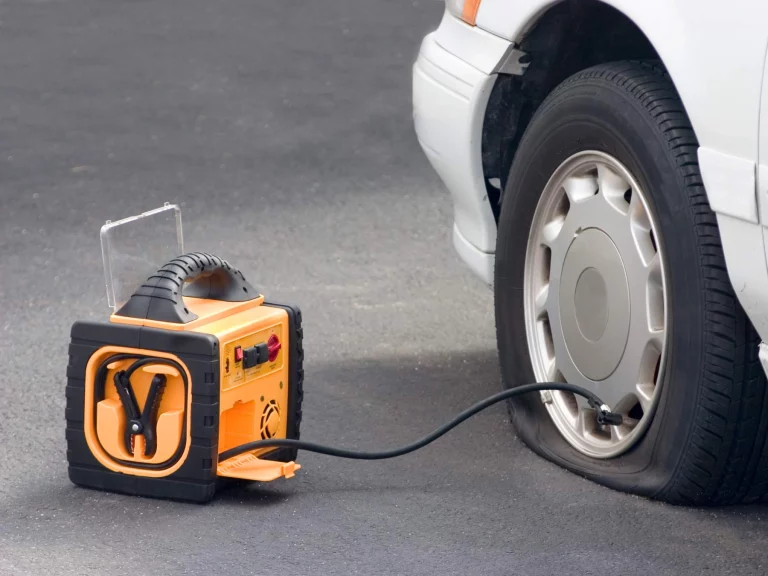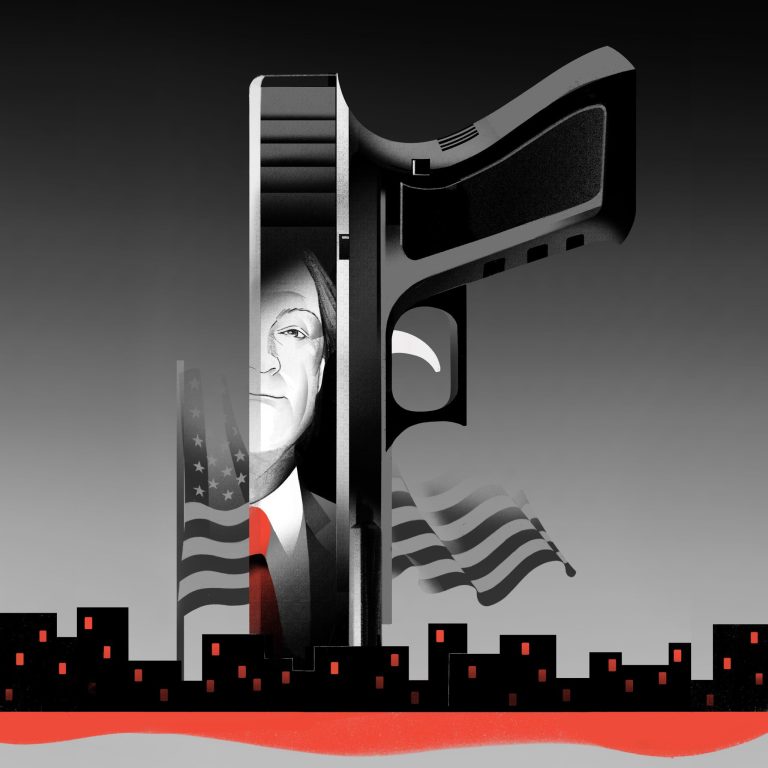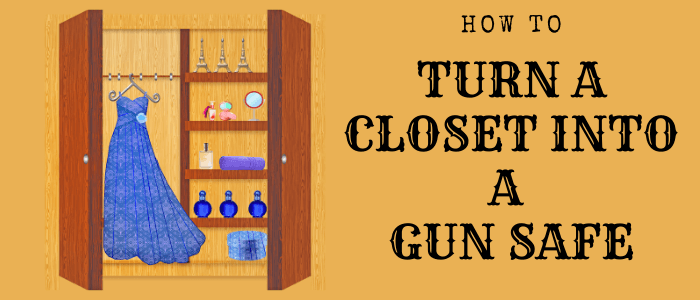Electronic Vs. Mechanical Locks: Pros And Cons : Which Lock is Best for Your Security Needs?
Electronic and mechanical locks both have their own set of pros and cons. Credit: www.kcolefas.com Electronic Locks Electronic locks are rapidly gaining popularity as a convenient and secure alternative to traditional mechanical locks. With their advanced functionality and modern features, electronic locks offer numerous benefits for homeowners and businesses alike. In this article, we will…


